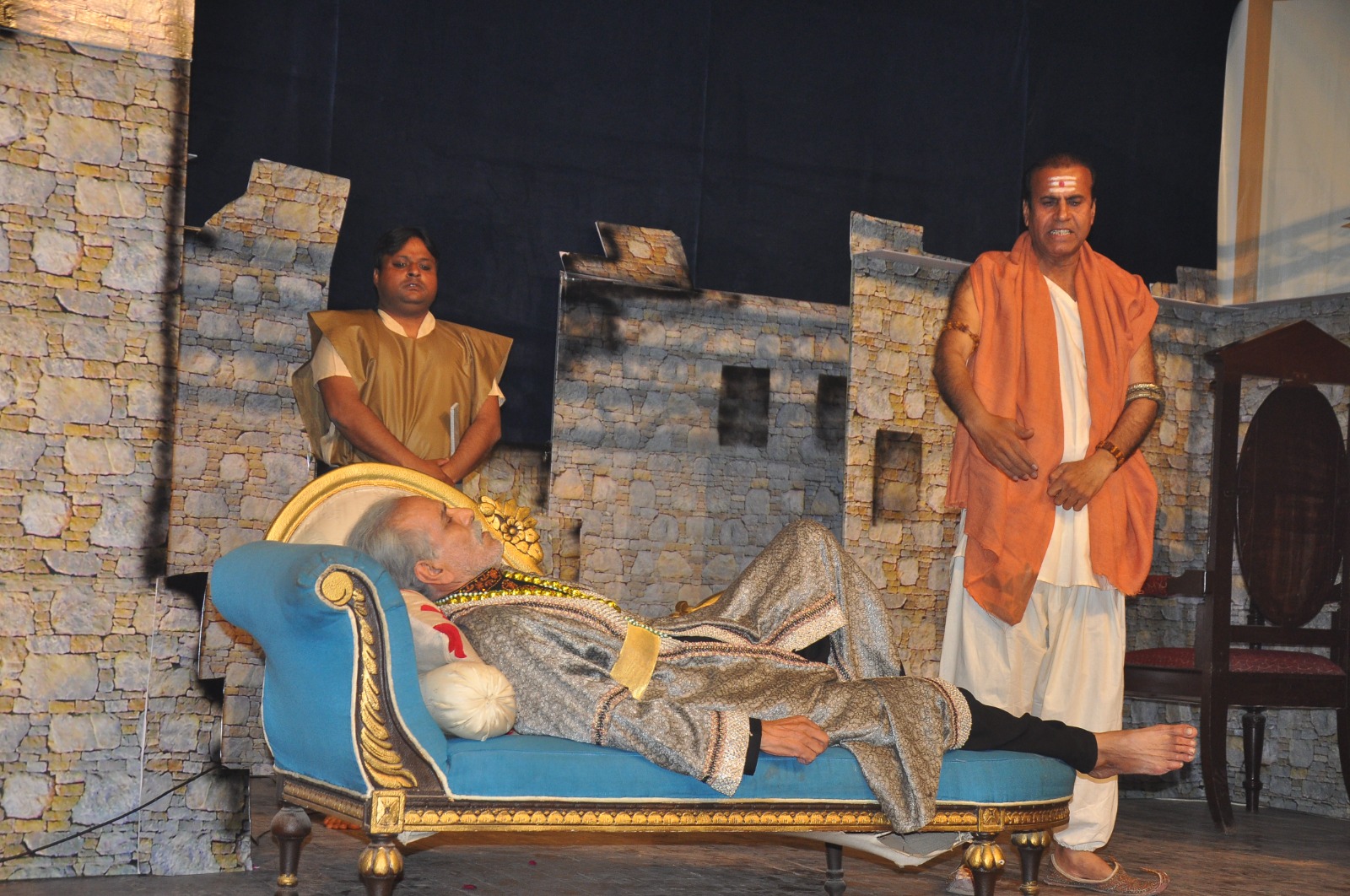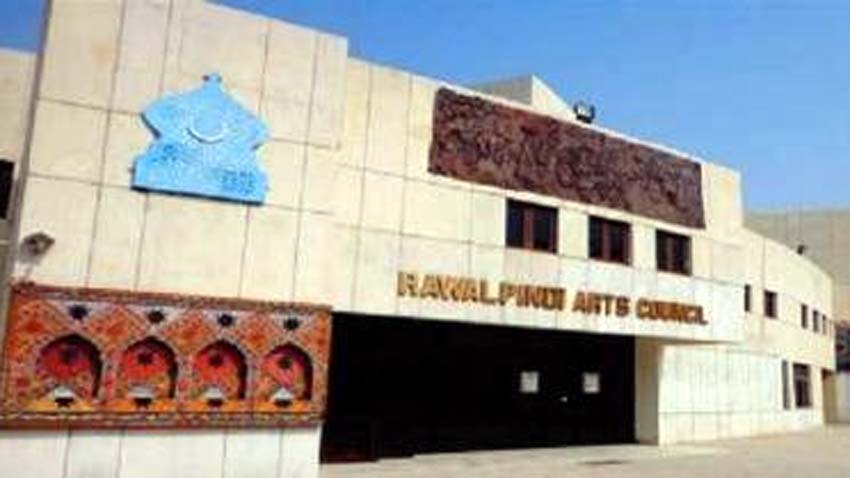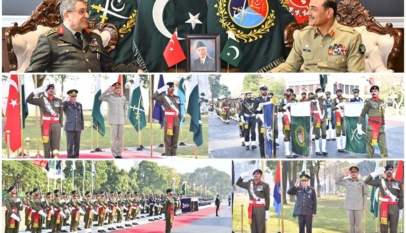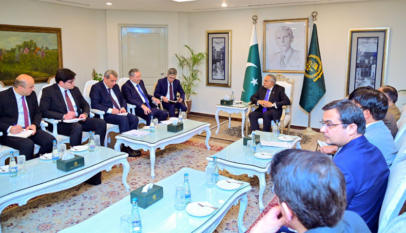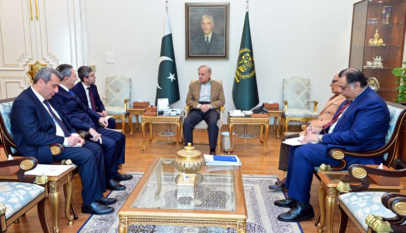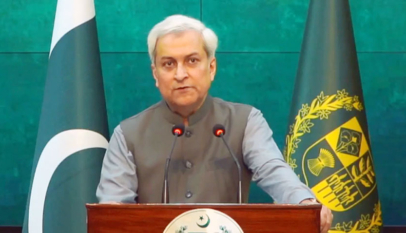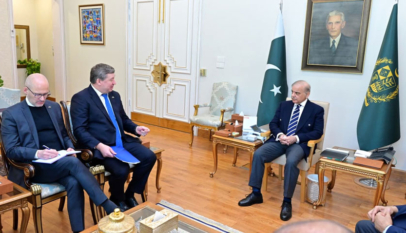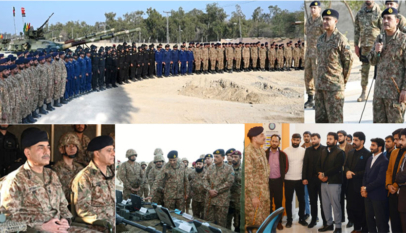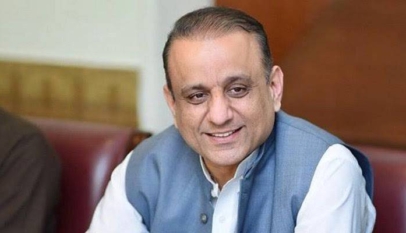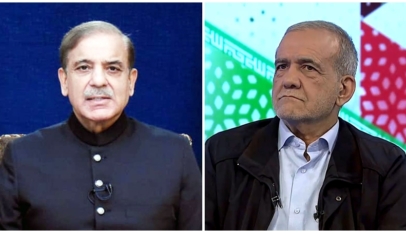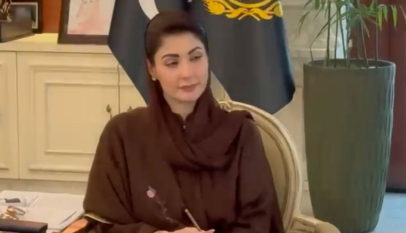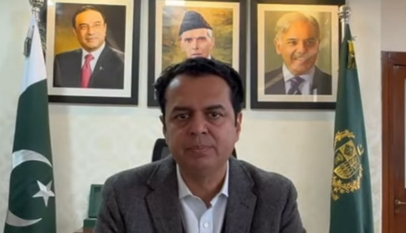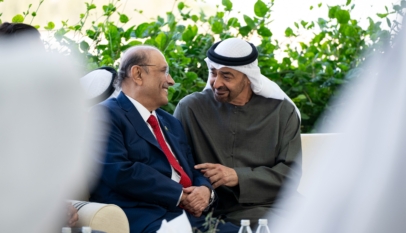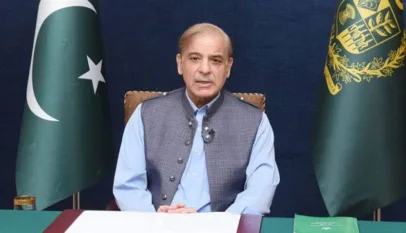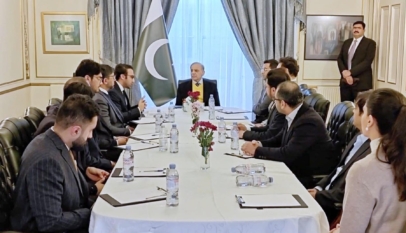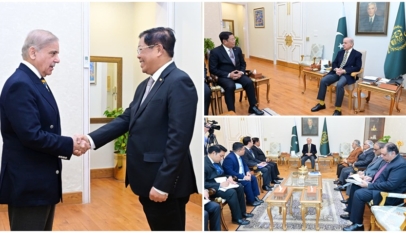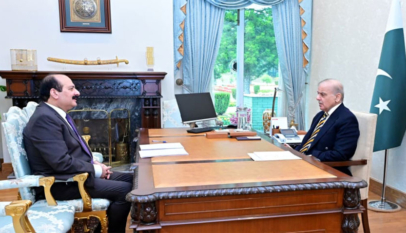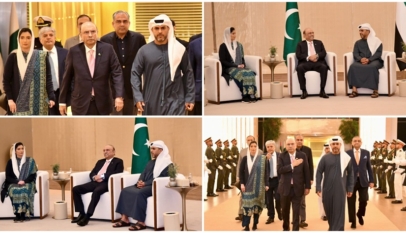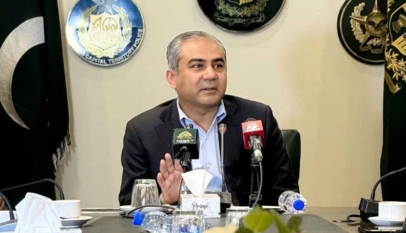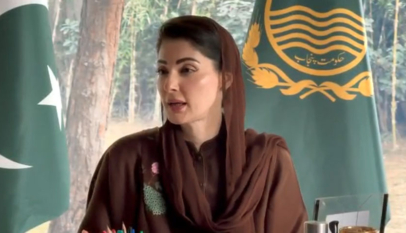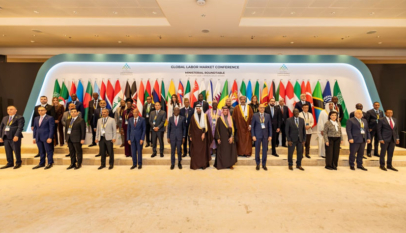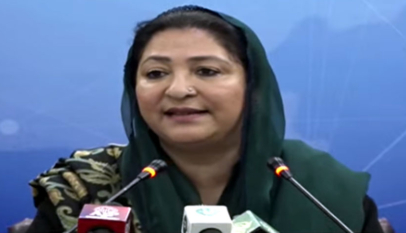A week-long Gandhara Festival organized by the Punjab Arts Council concluded. During the festival, many tourists visited the artisans and food stalls. On the festival’s last day, a beautiful play titled Ashoka the Great was presented, which was written by Sajjad Ahmed Lakha and directed by Sulaiman Sunny. The play showed Ashoka from being a warrior to living an ordinary life inspired by the teachings of Gautama Buddha.

The characters of the drama include Mehboob Ilyas, Ali Shan, Ghiyas Mastana, Sawira Princess, Umar Gul, Saima Rehman, Saeed Anwar, Kashif Raza, Karam Khan, Ayesha Rajput, Hamidullah, Noor, Qamar, Akhtar Rashid, Imran Asghar, Haroon Kayani, Anjum Abbasi, Umar Gul, Faqeer Hussain, Dr Sajjad, Yar Muhammad Khan, Afzal Latifi, Ifat Chaudhry, Haji Azam, Honey Baloch, Yasar bhathi and others. While speaking on the occasion, Director of Arts Council Waqar Ahmed said that Ashoka was a central character of the Gandhara civilization, which changed the course of history. He said that the Punjab Arts council was the custodian of the culture and civilizations of the province, adding to highlight the cultural heritage of Punjab to the world, the festivals were also being organized on the civilization of Harappa, Cholistan and Indus. Finally, the arts council director, Waqar Ahmad, gave Sulaiman Sunny an appreciation shield. A large number of people were present at the Arts Council to watch the play.
Play “Ashoka the Great”, written by journalist and poet Sajjad Lakha and dirrected by Sulaiman Sunny. Associate Director was Raheel Mustafa. Artists played different roles in the play.

while, the main idea of the play seemed to be to express the sufferings caused to human beings due to the immense destruction and loss of life as a result of wars and conflicts and the happy feeling of winning hearts through non-violence and service.
In play there was no apparent flaw in the story and the audience lavished their performances and praises the artists. Beloved Ilyas undoubtedly appeared at the height of the art, a hula standing with his back to the stage as the curtain rose and the dim lights came on amid heart-wrenching war music.

As the light and music intensified, the hula also slowly turned to face him, it was Ashoka with a severed head in his left hand and a bloody sword in his right hand, his barbaric laughter echoing the war music. and then the hall echoed with the applause of the fans, director Sulaiman Sunny paid full attention to the costume of each character, but he did a great job in showing the hero a real warrior, the make-up is also brilliant, the audience is amazed gone.
When Ashoka grabbed Vaidya-born Kalinga’s Maharani Kaur Vicki and Ved-born Haji-Azam by the hair alternately, the audience looked really upset, hundreds of voices echoed in the hall.

Oh how cruel, of course only the beloved Ilyas could have done justice to the role of Ashoka the Great and he did. Embodying it, footwork, dialogue delivery and expressions felt more real than acting, the hall echoed with the applause of the audience, Ghayas Mastana is a masterful actor, he played the role of Ashoka’s father Maharaj Bandusar and he did it well. The acting, dialogues and facial expressions were very harmonious and the style of death was such that the audience was left speechless, Fakir Muhammad became the king of Kalinga and showed the essence of art by adapting to this role.
Haji Muhammad Azam as Ved, Lala Yar Muhammad as Ashoka’s ambassador, Anjum Abbasi was very strong as Jwala, Sveera stood out despite her brief role as Princess Sushin’s mother. Grip kept the audience enthralled from start to finish, that’s all good, now let’s mention some technical nuances and minor weaknesses, for example some artistes made mistakes in the delivery of dialogues.

A half-space spotlight did not cover the scene properly, and several actors spoke dialogue too far from the microphones, resulting in the sound not reaching all the audience. The placed throne is not removed.

And during the war he was present on the battlefield, the family drama won the hearts of the audience, the rush was such that there was no room for the sit-in in the hall, a large number of people stood on the sides and watched the whole drama, outside. The drama was watched on the big screen installed. Presented by the Rawalpindi Arts Council, directed by Sulaiman Sunny, the hard work of the actors and the audience’s interest despite the lack of glamour, is proof that people are willing to watch clean family dramas, even after the drama ends. A large number of people were present in the hall, the introduction of the artistes was heard with great enthusiasm.

